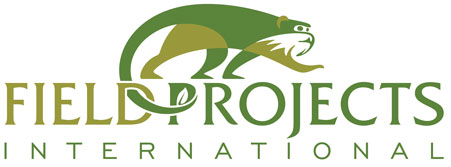Biodiversity Monitoring

DNA collection
DNA is in virtually everything, with higher quality DNA being obtained from samples like blood or tissue, and lower quality DNA found in scat, bone, or the environment. Depending on the research application, we can choose to utilize different types of tissues and usually, we choose what is easiest to collect. For e.g., a blood sample is hard to obtain, but its DNA quantity and quality are high; for some applications we can make do with scat from the animal instead.
Our Growing Research Timeline
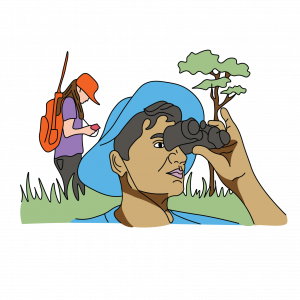
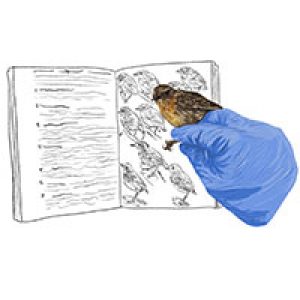
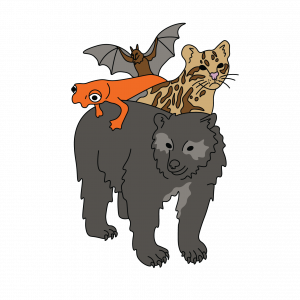
In 2018, we created a large-scale, concurrent, wildlife monitoring program for birds, bats, small terrestrial mammals, medium-large mammals, and nonhuman primates at the Estación Biológica Río Los Amigos, in Peru.
Today we annually sample ~ 1000 vertebrates in approximately 7 weeks in conjuction with our educational programs.
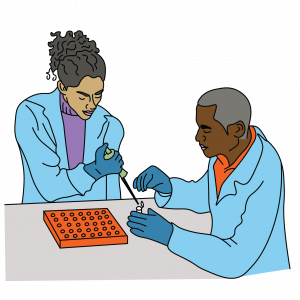
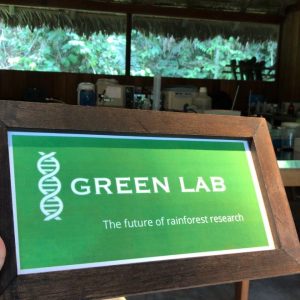
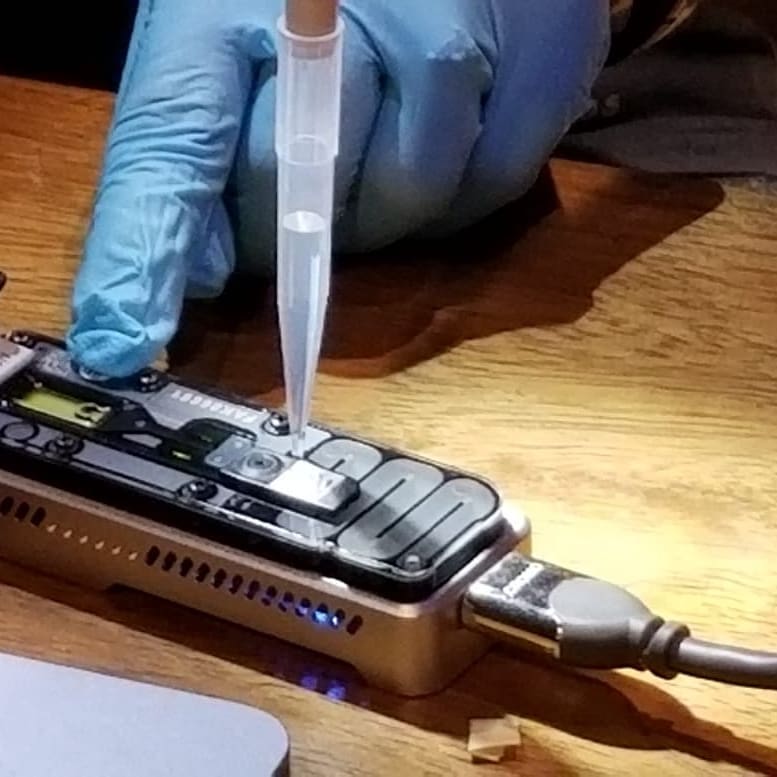
In 2018 we also started establishing field molecular laboratories to DNA barcode all animals sampled in the region.
First, there was the Inkaterra Green Lab, the Amazon’s first molecular genomics laboratory.
In the Madre de Dios Department of Peru, we now do most of our work at the Los Amigos Wildlife Conservation Laboratory.
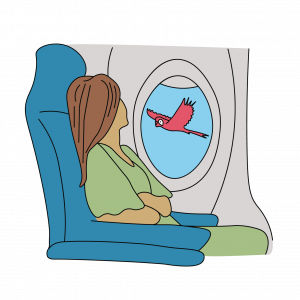
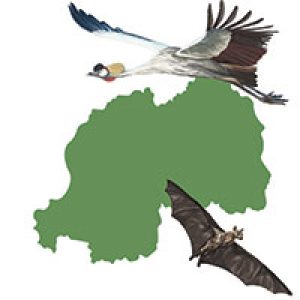
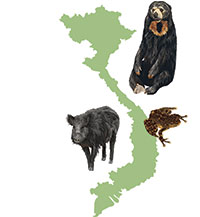
Beginning in 2021 we expanded this model from Peru to other regions of the world, where similar work was needed.
Two more laboratories are starting up in Kigali (Rwanda) and Vinh (Vietnam)
In 2024 we have planned expansions in Indonesia
Documenting Biodiversity with DNA
DNA Barcoding Biodiversity
DNA provides a unique signature for every organism, if you know where to look in its genome. Using near-universal genetic markers we are expanding the DNA barcode library for multiple biodiverse habitats including the Madre de Dios of Peru, the Annamite Mountains of Vietnam, and the East African marshlands of Rwanda.
Certain genes, typically within mitochondrial DNA, can be consistently found to be similar within a species. These markers can be used to determine the species identity of a sample of unknown origin. We do so by first extracting DNA, isolating the marker of interest, and then sequencing it and plotting it on a cladogram. This technique is useful for biodiversity monitoring, but also has important impacts and conservation applications.
Explore the tabs to learn more. 
In a brand new environment, identifying the range of wildlife present has been a task for rapid biological inventory field teams. Today, we have another tool in the toolbox – DNA, and specifically, environmental or e-DNA. By analyzing DNA barcoding genes in water or soil, and comparing them to existing databases, we can identify all species present. The only catch? How good is our database?
To make sure we can achieve these goals, we not only work on eDNA pipelines but also focus on working with partners to continually build up existing reference databases.

In a burgeoning economy, where wildlife and wildlife products are traded indiscriminately, the illegality of a vast market is hard to put into perspective. When seizures are made, often the items are highly modified, and it’s impossible to tell if they derive from a protected or domestic species. We also find it hard to tell how many animals were involved in the production of the products, nor where they came from, since seizures often take place far from where the animal was poached.
Enter DNA, and the field of wildlife forensics. Just like CSI, yes, you can look for trace evidence for any species, and DNA barcoding methods have been applied successfully to stopping the trade in endangered species. Fundamentally, for all applications, we are asking the same question?
Which species is it?
Trace DNA in Field Laboratories
By tracking individual signatures from some unusual sources of DNA, we hope to monitor species that cannot be approached easily. For example, SNP genotyping DNA from footprints, scat, hair snares, or scent-marks can allow us to build databases of the DNA fingerprint of individual animals at our field site. To do this, we use portable sequencing in field laboratories.
Location: 443 Old Via Rancho, Escondido CA 92029
Phone: +1 (314) 649-8636
